I hope you didn’t miss last Wednesday’s incredible chamber music concert, featuring the Ehnes Quartet. That concert was the second installment in the Palladium Chamber Players 2017 season.
TB Times performing arts writer, Andrew Meacham attended the concert and wrote a review that I’d like to share with you. He used a word in the review that certainly came to my mind during the performance – “triumphant.” Check out this review or follow this link to read it at the Times site.
The next concert in the series is March 1. For details and tickets, you can click on this link to our box office.
BY ANDREW MEACHAM
SAINT PETERSBURG – The Ehnes Quartet honored Ludwig van Beethoven on Wednesday in stirring fashion, playing three of the composer’s 16 quartets before a sizeable weekday crowd at the Palladium.
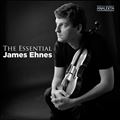 The visiting quartet performed the second concert in the Palladium’s chamber music season, which runs monthly through May. Grammy-winning violinist James Ehnes, violinist and former Florida Orchestra concertmaster Amy Schwartz Moretti, violist Richard O’Neill and cellist Edward Arron played quartets from Beethoven’s early, middle and late periods, showcasing a virtuosity that remains undiminished and unmatched.
The visiting quartet performed the second concert in the Palladium’s chamber music season, which runs monthly through May. Grammy-winning violinist James Ehnes, violinist and former Florida Orchestra concertmaster Amy Schwartz Moretti, violist Richard O’Neill and cellist Edward Arron played quartets from Beethoven’s early, middle and late periods, showcasing a virtuosity that remains undiminished and unmatched.
Ehnes, Moretti and O’Neill co-founded the group in 2010 with cellist Robert deMaine. In 2016 deMaine, the principal cellist for the Los Angeles Philharmonic, left the group. He was replaced by Arron, who also plays with the Palladium Chamber Players.
A first-rate violinist, Ehnes usually took the lead melody, though all four played as a unit, expanding and contracting through the composer’s punctuated equilibrium like the breathing of some sea creature. They began with Opus 18, No. 3, which despite that notation was Beethoven’s first quartet, written at age 29. While “early” in Beethoven’s creative cycle, Opus 18 was considered an evolutionary step ahead of existing quartets, including those by Haydn, his former teacher, or Mozart, a Haydn protégé.
The quartet then moved to Opus 135, bookending the first half with the composer’s first quartet and the last completed work of his life. Written 1826, the year before he died of liver cirrhosis and other ailments. It is a piercingly beautiful composition, one that contains humor and sadness of a man who was profoundly deaf, in physical discomfort and lonely.
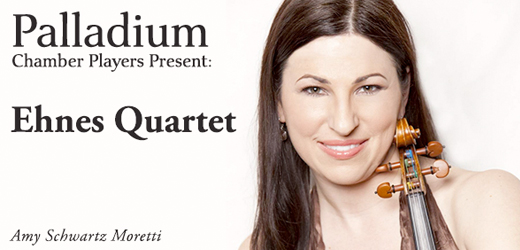 Historians call Opus 135 Beethoven’s quartet of “reconciliation” and even suggest he was looking for God. I don’t know how people read his mind, especially 200 years later, but two things are safe to say.
Historians call Opus 135 Beethoven’s quartet of “reconciliation” and even suggest he was looking for God. I don’t know how people read his mind, especially 200 years later, but two things are safe to say.
Those furious scherzo segments and rapid bursts, alternating with sonatalike tranquility, at least hint at some sort of peace being made. Second, whatever inspired this music, it’s as close an approximation to the divine as I’ve heard live in quite a while. The description of the quartets by the Beethoven Project, “universally acknowledged as the most profound group of pieces in Western music,” is not hyperbole.
After intermission, the Ehnes group played Opus 59, No. 1, one of three “Razumovsky” quartets commissioned by a Russian ambassador during Beethoven’s “middle period.” It is an impossibly delicate interweaving of themes and spaces, tempos and intensities written in 1806, a year after his third “Eroica” symphony, which is also considered revolutionary, causing the boundaries of music to move in an explosively outward direction.
All the musicians in this quartet have deep and international reputations. The intimate format and the Palladium’s good acoustics lay their timing and interdependence on the line for all to see. They defer not so much to each other as jointly to the music, and play some of the best ever written.
In the hairpin turns of the final Allegro, the musicians executed one frenzied departure-and-return after another, and you could feel the audience holding its breath. After a triumphant conclusion and multiple curtain calls, the quartet returned for an encore, a brisk rendition of Beethoven’s Opus 59, No. 3 quartet.
The Palladium Chamber Players return for the next chamber concert. Without violist Danielle Farina on that date, Florida Orchestra concertmaster Jeffrey Multer, pianist Jeewon Park and Arron will play Haydn’s Trio in C Major; Shostakovich’s Trio No. 2 in E Minor; and Mendelssohn’s Trio No. 2 in C minor. 7:30 p.m. March 1 at the Palladium. $25-$38, students with ID $10. 727) 822-3590.Or follow this link to online tickets.

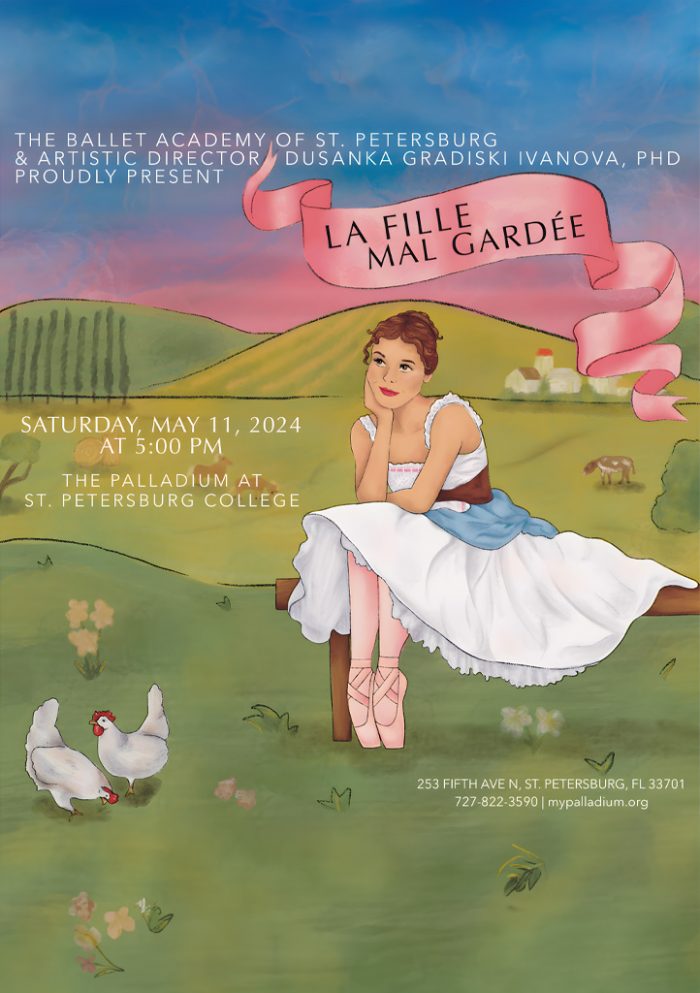

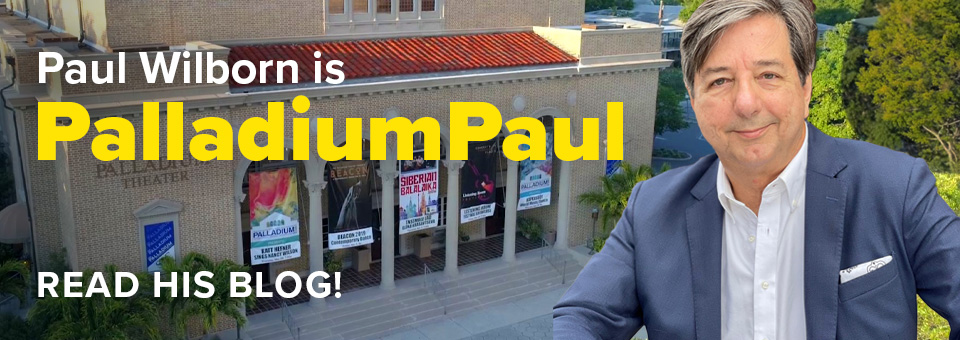
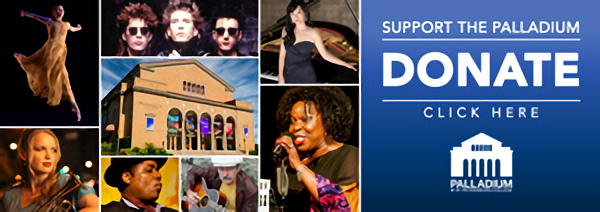

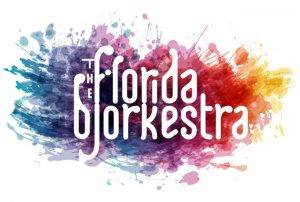
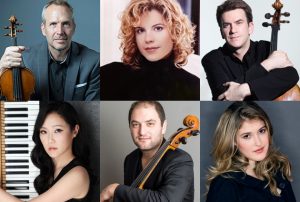
Leave a Reply